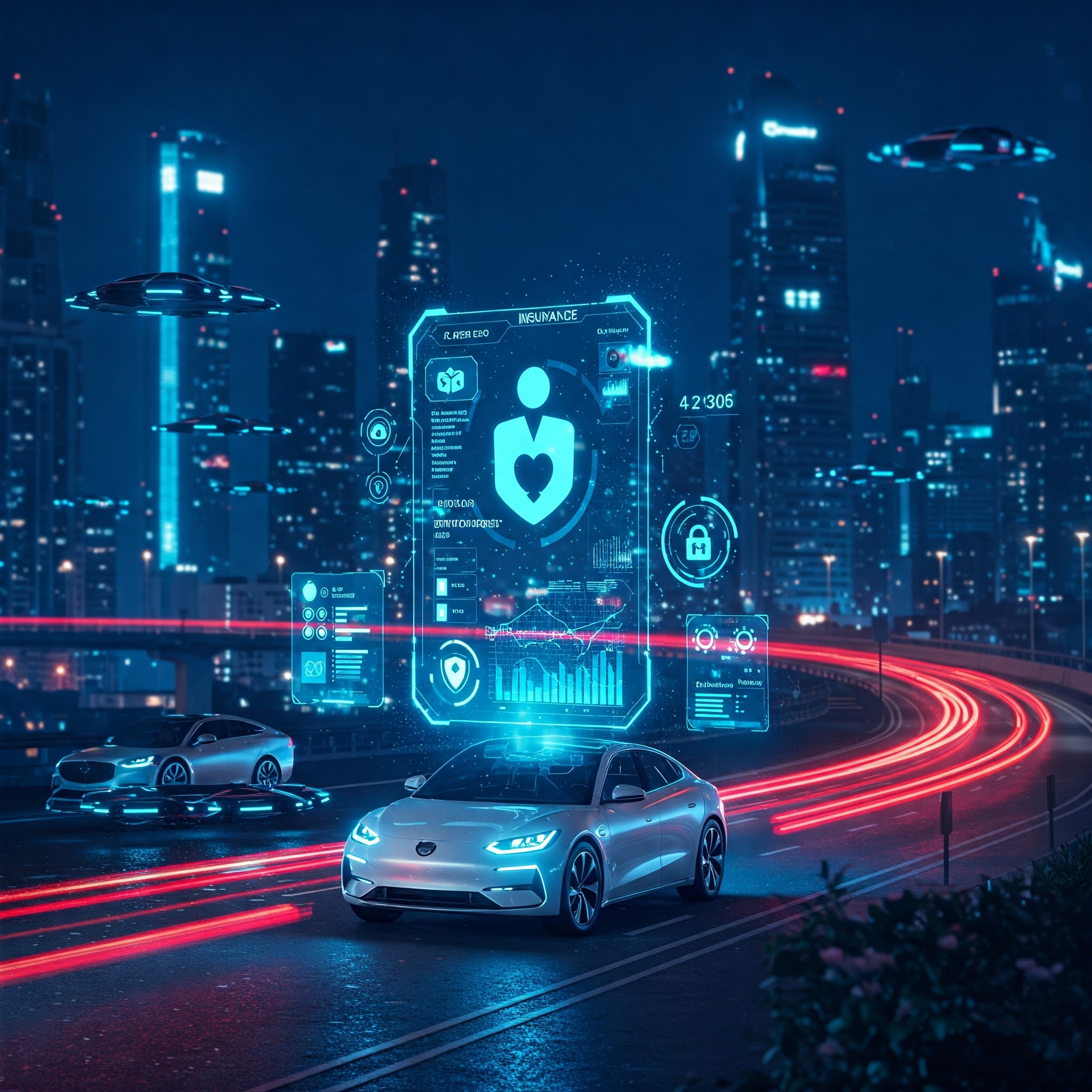Introduction
Have you ever wondered how auto insurance will change in the coming years? With technology evolving rapidly, the auto insurance industry is also undergoing a transformation. From AI-powered claims processing to usage-based insurance, the future holds many exciting developments.
In this article, we will explore the key trends shaping the future of auto insurance. Whether you are a driver or an insurance provider, understanding these trends will help you stay ahead in the industry.
Understanding the Topic
Auto insurance is a crucial part of vehicle ownership. It provides financial protection in case of accidents, theft, or damage. Over the years, the industry has adapted to new challenges and technologies. Today, digitalization and automation are making auto insurance more efficient and personalized.
The future of auto insurance will be influenced by factors such as artificial intelligence (AI), telematics, climate change, and the rise of electric and autonomous vehicles. These innovations aim to improve customer experience, reduce costs, and make insurance policies more accurate.
Key Benefits / Advantages of Future Auto Insurance Trends
1. Usage-Based Insurance (UBI)
UBI calculates premiums based on driving behavior. Insurers use telematics devices or mobile apps to monitor mileage, speed, and braking habits. This system rewards safe drivers with lower premiums and promotes responsible driving.
2. AI and Automation in Claims Processing
AI-powered tools can assess damages and process claims faster. Automated systems reduce paperwork, detect fraud, and offer instant claim approvals, enhancing customer satisfaction.
3. Blockchain for Data Security
Blockchain technology ensures transparent and tamper-proof transactions. It helps insurers prevent fraud, secure policyholder data, and streamline policy verification.
4. Rise of Electric Vehicles (EVs)
As EV adoption increases, insurance companies are adjusting policies to cover battery replacements, charging station damages, and specialized repairs.
5. Autonomous Vehicles and Liability Shift
Self-driving cars will change the way insurers assess risk. Instead of focusing on driver behavior, policies will cover software failures, sensor malfunctions, and cybersecurity threats.
Step-by-Step Guide: How to Prepare for Future Auto Insurance Changes
- Stay Informed: Keep up with industry trends by reading articles, following insurance news, and joining online forums.
- Adopt Telematics: If your insurer offers a telematics-based policy, consider signing up to enjoy lower rates for safe driving.
- Understand AI-Driven Claims: Learn about automated claims processing to speed up your insurance claims.
- Explore EV Insurance Policies: If you own an electric vehicle, research specialized policies for better coverage.
- Know Your Rights: With new liability laws emerging, be aware of how insurance policies are shifting for autonomous and traditional vehicles.
Common Problems & Solutions
1. Privacy Concerns with Telematics
Solution: Choose insurers with strict data protection policies to ensure your driving data remains secure.
2. Higher EV Insurance Costs
Solution: Look for companies that offer discounts for EV safety features and battery warranties.
3. Unclear Liability in Autonomous Vehicles
Solution: Read policy terms carefully and stay updated on legal developments regarding self-driving technology.
4. AI Errors in Claims Processing
Solution: If an AI-driven claim gets denied unfairly, appeal the decision and request a human review.
Future Trends / What’s Next?
The auto insurance industry will continue evolving with new technologies. In the next decade, expect:
- More Personalized Policies: AI will tailor insurance plans based on lifestyle, driving habits, and vehicle type.
- Climate Change Adaptation: Insurers will offer coverage for extreme weather events affecting vehicles.
- On-Demand Insurance: Temporary, pay-as-you-go policies for occasional drivers.
- Enhanced Cybersecurity: Protection against hacking risks in connected and autonomous cars.
Conclusion & Final Thoughts
The future of auto insurance is exciting, with new technologies making policies more efficient and customer-friendly. As AI, telematics, and blockchain become mainstream, drivers can expect fairer pricing and faster claims processing.
To stay ahead, educate yourself on upcoming trends, compare policies, and choose insurance providers that embrace innovation. What do you think about these changes? Share your thoughts in the comments!
FAQs
1. What is usage-based insurance (UBI)?
UBI is a type of auto insurance where premiums are based on driving habits and mileage instead of fixed rates.
2. How will AI change auto insurance?
AI will automate claims processing, detect fraud, and personalize policies for better customer service.
3. Do electric vehicles require special insurance?
Yes, EV insurance covers battery replacements, charging station damage, and specialized repairs.
4. Will self-driving cars make auto insurance cheaper?
It depends. While autonomous cars reduce human errors, insurers may charge higher premiums for software-related risks.
5. Where can I learn more about future auto insurance trends?
Check industry reports, insurance company websites, and tech news sources for updates.
